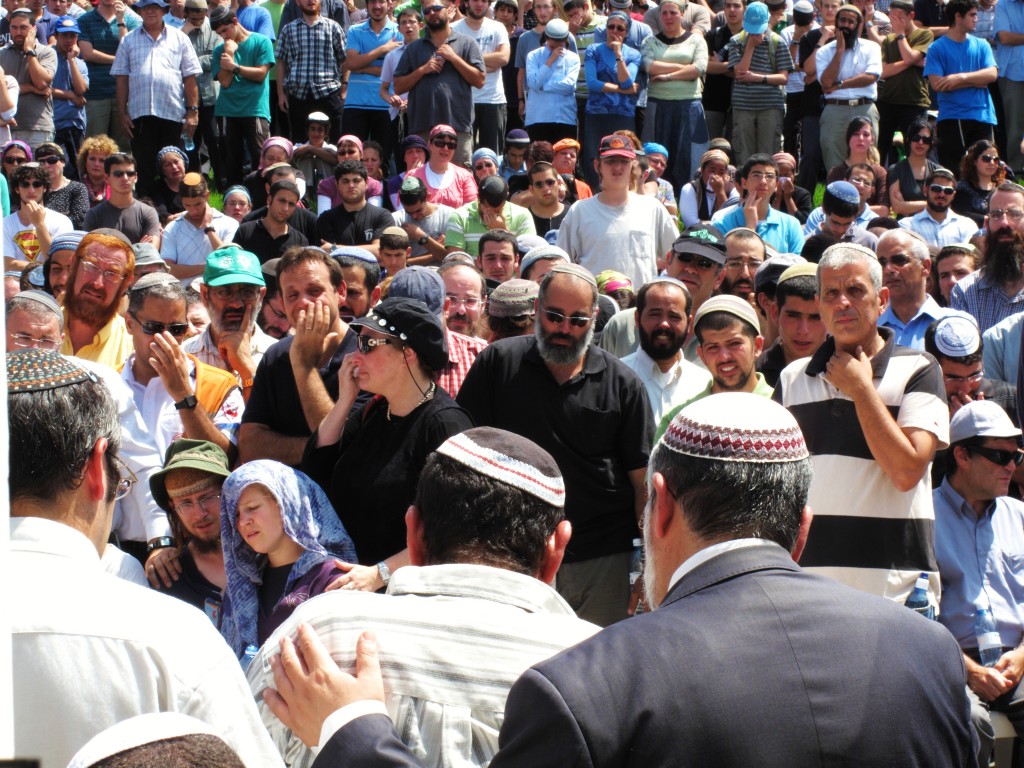What Might The Media’s Short Term Attention to Disasters Tell Us About Ourselves?

One of the most interesting turn of events during the current nuclear crisis in Japan is how by Thursday, March 17, 2011 the ongoing drama of the catastrophe was displaced from the headlines by stories about the rebellion in Libya. Just as it seemed the story of the nuclear crisis came to a head with […]
Nuclear Lessons
Barbara Rose Johnston and Hugh Gusterson ponder nuclear realities at the Bulletin of the Atomic Sciences Barbara Rose Johnston: Radiation is invisible, how do you know when you are in danger? How long will this danger persist? How can you reduce the hazard to yourself and family? What level of exposure is safe? How do […]
The War in Libya
“The Libyan Revolution is Dead” declares Maximilian Forte in his Zero Anthropology Blog. …this is an autopsy, identifying the weapons used, and the criminals responsible for killing the Libyan revolution. This is no longer a Libyan story–that chapter is now closed. My autopsy is divided into several broad categories of actors: the humanitarians, the rebels, […]
Nuclear Power, Fears and the Limits of Democracy
Keibo Oiwa, a Japanese cultural anthropologist and environmentalist, speaks to Democracy Now about the current nuclear crisis: And I’m really realizing again that, you know, democracy is so hollow now. I mean, we don’t have power. This is not democracy. We are controlled—we have been controlled by the government and the Tokyo Electric Company, you […]
CFP: MEDIA, ENGAGEMENT AND ANTHROPOLOGICAL PRACTICE
Dear all: Simone Abram and I are developing a proposal for a new edited book with the working title of MEDIA, ENGAGEMENT AND ANTHROPOLOGICAL PRACTICE: CONTEMPORARY PUBLIC SCHOLARSHIP. The book seeks to recognise and explore the increasing (possibilities for) connections between media anthropology and public anthropology (the summary is below). We have already identified a […]
On Japanese Suffering
“In Japanese culture, there’s a sort of nobility in suffering with a stiff upper lip, in mustering the spiritual, psychological resources internally,” said John Nelson, a cultural anthropologist and chairman of the department of theology and religion at the University of San Francisco. “There’s even a word for quietly enduring difficult situations: Gaman.” Read the […]
Highway 60 Visited: Part 2

This continues our special essay by our new editor, Assaf Harel. Part 1 was posted on Thur, March 3rd, please click here to read Part 1. Two units of security forces remained in the area. Partly police partly military unit, the notorious Border Police is feared and admired for its efficient use of brute force. […]
On Anthropology, Human Terrain System and University Funding
“A new phalanx of anthropologist-warriors are being recruited, carrying ‘cultural scripts’ to battle” Mark LeVine, a professor of history at UC Irvine writes for Al Jazeera: …Originally conceived in the mid-2000s as the Iraqi insurgency gained strength and the US was making little headway in Afghanistan, the “Human Terrain Systems” program brought anthropologists and other scholars […]
On Libya’s Tribal Dynamics
Philip Carl Salzman, a McGill University professor of anthropology tells CNN, “Libyans have a strong loyalty to tribe…A tribe provides welfare in times of need…they have a collective responsibility.” However, Khalil Ali Al-Musmari, a retired professor of anthropology and sociology in the rebel stronghold of Benghazi, says “the foreign media have often crudely misrepresented the […]
Highway 60 Visited: Part 1

Highway 60 coils through the southern hills of Hebron and Judea, dissolves into Jerusalem, reemerges from it toward Samaria, and as it nears the biblical Mounts of Blessing and Curse, it escapes the West Bank. Roughly reflecting the ancient Route of the Patriarchs – a path which followed the imaginary line of this hilly region’s […]

